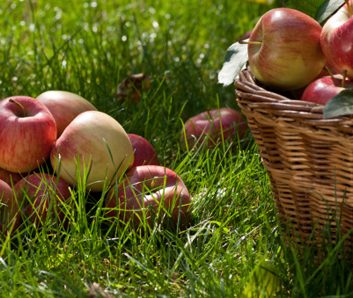
Apples
Apples become overripe and mealy if they’re not refrigerated, so store them in plastic bags and refrigerate after purchase.
Refrigerated apples will last up to six weeks, but be sure to check for apples that have any decay. One bad apple will indeed spoil the entire lot.
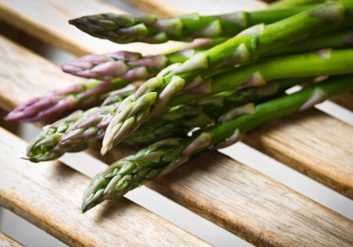
Asparagus
Asparagus is quick to lose flavor, so it’s best enjoyed immediately. If you must store it for later use, wrap the stalks in a damp paper towel and place in the crisper section of the refrigerator. If you don’t have a crisper, put the asparagus in plastic bags and place in the coldest part of the refrigerator.
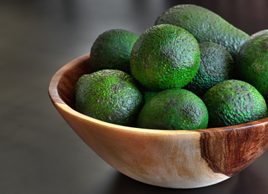
Avocados
Did you know avocados can be left on the tree for six months without spoiling? And that they only begin ripening after being cut from the tree? Once cut though, they will ripen in two to three days.
To retain a fresh green color, sprinkle the peeled avocado with lemon or lime juice or white vinegar.
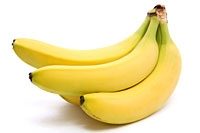
Bananas
Once ripen, you can store bananas in the refrigerator for 3 to 5 days. The cold air will cause the peel to turn brown, but the fruit will not change.
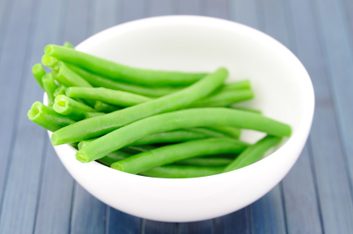
Green Beans
Wash fresh beans before storing to retain moisture. Wrap in damp paper towels and store in the crisper section of your refrigerator for up to five days.
Leaving the ends of fresh beans on until you’re ready to cook will help preserve their fresh flavor.
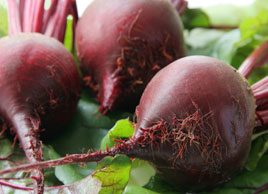
Beets
Beet greens, which are rich in nutrients, wilt quickly, so use them within a day or two.
The beet itself can be chilled and stored for up to two weeks. Before doing so, trim each beet, but leave about 1 inch of the stem.
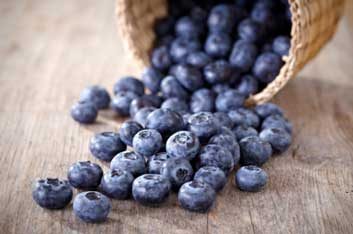
Berries
After purchase, immediately toss out any moldy or deformed berries. Then arrange unwashed berries in a shallow pan lined with paper towels. Top with a paper towel to absorb any additional moisture then cover the entire container with plastic wrap.
Properly stored berries will retain their freshness for up to a week and should be washed prior to eating.
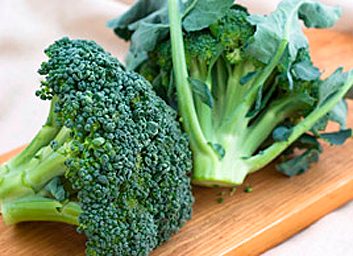
Broccoli
Broccoli will maintain its bright green color and hearty crunch for 3-5 days if stored unwashed in an open plastic bag and placed in the crisper drawer of refrigerator.
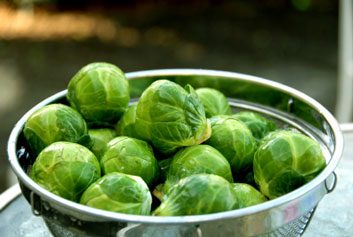
Brussels Sprout
For Brussels sprouts to stay fresh for up to 5 days, avoid washing or trimming before storing. (But do remove yellow or wilted outer leaves.)
If you have purchased sprouts that have been packaged in a cellophane-covered container, take off wrapping, remove those with any mold or damage, return the remainder to the container, re-cover with cellophane, and refrigerate.
Loose sprouts should be refrigerated in perforated plastic bag.
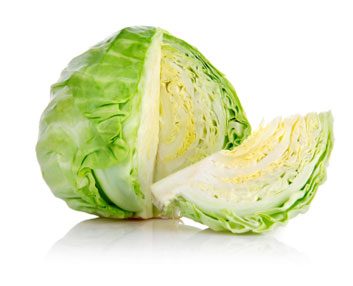
Cabbage
Fresh, uncut heads of cabbage can be stored in the refrigerator for up to two weeks by covering loosely with a plastic bag.
Be sure not to wash cabbage before storing as the excess water will speed up spoiling.
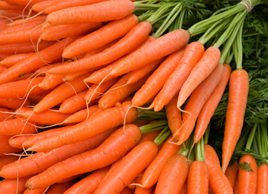
Carrots
Because carrot greens rob the carrots of nutrients and moisture, remove them before storing in perforated plastic bags in the crisper drawer of the refrigerator. Fresh carrots will last up to two weeks.
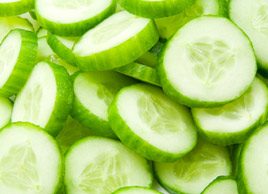
Cucumbers
Cucumbers perish quickly so try to enjoy immediately after purchase. To lengthen their shelf life, store them unwashed in a plastic bag in the warmest part of the refrigerator.
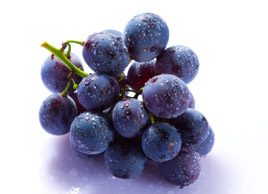
Grapes
Grapes stored at room temperature begin fermenting, so preserve their flavor by placing them unwashed in a ventilated plastic bag in the refrigerator. Use within one week and wash immediately prior to eating.
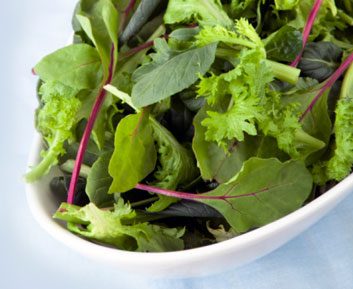
Lettuce
For maximum and long-lasting freshness, remove any brown or wilted leaves from the lettuce head, rinse in cool water, then spin dry. Layer lettuce leaves between sheets of paper towel and refrigerate for up to a week.
If using within three days, you can store lettuce and other salad greens in a plastic bag in the refrigerator.
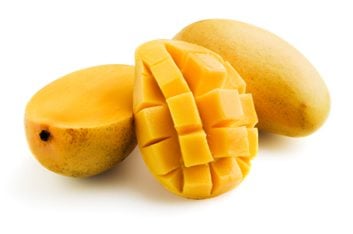
Mangoes
Unripened mangoes should be stored at room temperature (out of the sun) until soft and fragrant. (You can speed ripening by storing in a paper bag for 2-3 days.)
Once ripened, mangos can be refrigerated for up to two weeks, although cut mangos will only last up to three days in a sealed container.
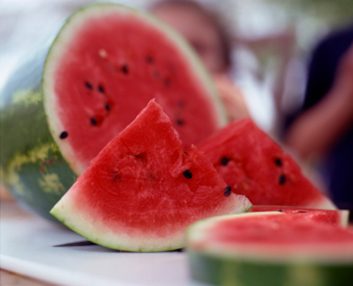
Melons
Store whole melons unwashed in the refrigerator crisper, and enjoy within 5 days.
Before eating, scrub the skin with a clean vegetable brush under clean running water. Blot dry before cutting. (Proper washing reduces the risk of illness from harmful bacteria, such as salmonella or E. coli.)
Keep cut melon refrigerated for no more than 7 days and toss cut melons that have been left at room temperature for more than 4 hours.
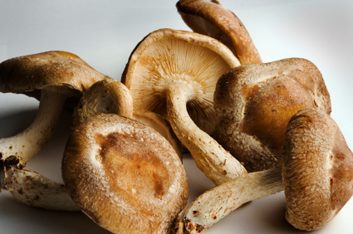
Mushrooms
Place mushrooms in paper bags and store in the vegetable crisper of the refrigerator for up to five days. (Avoid storing in cling wrap or plastic.)
Rinse mushrooms immediately before using, but do not peel them or remove the stalks; the skin is where the nutrients are. Simply slice, quarter, or chop with the skins on.
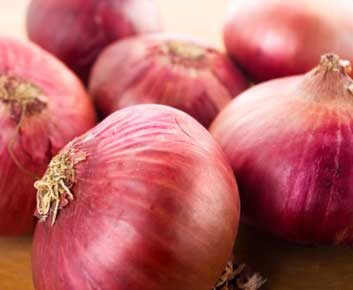
Onions
Globe onions should be stored in a cool, dry place away from direct light and potatoes. Direct light gives onions a bitter taste, and potatoes emit a gas that causes onions to spoil more quickly.
Store scallions in the refrigerator wrapped in a damp paper towel for up to five days.

Oranges
Oranges can be stored at room temperature, or inside the crisper drawer for up to 2 weeks.
Avoid freezing the whole fruit, but fresh-squeezed juice and grated peel or zest may be refrigerated or frozen separately.
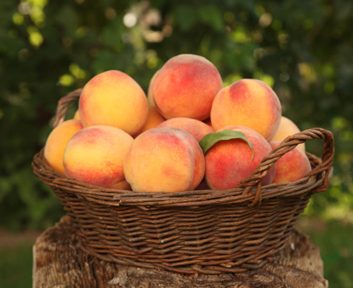
Peaches
When buying peaches, choose ones that are relatively soft if they are to be eaten right away. Ripe peaches can also be stored in the refrigerator for up to five days.
Firm peaches can be ripened more quickly by placing them in a paper bag at room temperature.
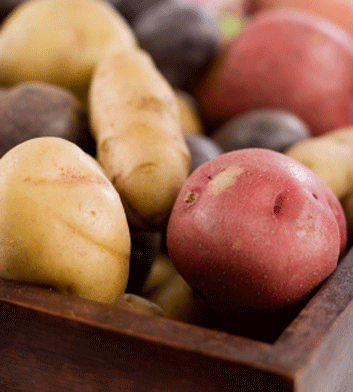
Potatoes
Store potatoes in a dark, cool place for up to 2 weeks. (Storing in the refrigerator or in temperatures below 45°F (7°C) converts the starch to sugar, giving the potato an unpleasant taste.)
Don’t store potatoes and onions together; the acids in onions aid the decomposition of potatoes, and vice versa.
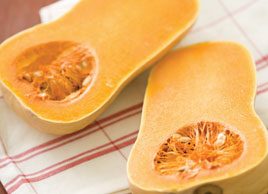
Squash
Refrigerate summer squashes for up to 1 week. If any soft or discolored spots develop on the squash, cut them away and discard before eating.
Winter squash can be stored for several months in a cool, dark place. Do not refrigerate because temperatures below 40°F (4°C) speed deterioration.
Related:
• 6 health benefits of summer squash
• 10 summer superfoods to add to your diet
• Produce with the highest pesticide levels
